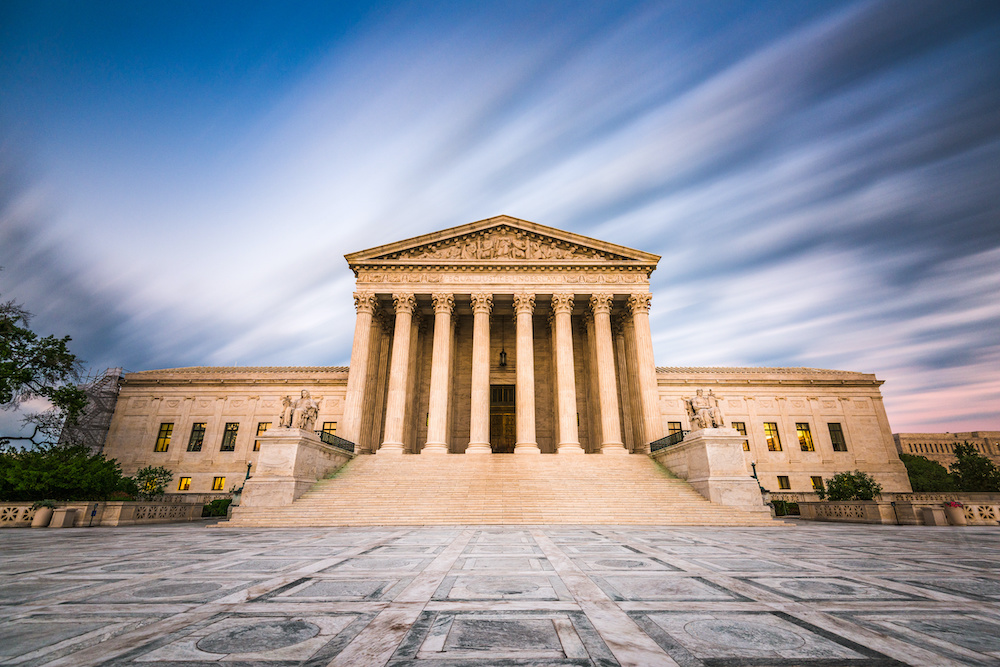
- Details
- By Brian Edwards
- Policy and Law
The U.S. Supreme Court has declined to review whether Nebraska can enforce state tobacco regulations on sales occurring within the Winnebago Indian Reservation, dealing a blow to tribal sovereignty claims.
HCI Distribution Inc. and Rock River Manufacturing Inc., both wholly owned subsidiaries of the Winnebago Tribe's economic development corporation Ho-Chunk Inc., had petitioned the court in December challenging an 8th Circuit Court of Appeals ruling that allowed Nebraska to impose certain tobacco regulations on reservation-based sales to non-tribal members.
The Supreme Court's denial of the petition leaves in place the Eighth Circuit's August 2024 ruling, which held that Nebraska could enforce its tobacco escrow and bonding requirements on reservation sales to non-members, though not on sales to tribal members. The appeals court found the state's interest in protecting public health outweighed tribal and federal interests for non-member sales.
The case centered on Nebraska's enforcement of requirements stemming from the 1998 Master Settlement Agreement between major tobacco companies and 46 states. Under Nebraska law, tobacco manufacturers must either join the MSA or make escrow payments based on cigarette sales and post bonds securing those payments.
In their petition filed last year, the tribal companies argued that Nebraska's regulations infringed on tribal sovereignty when applied to on-reservation sales. They contended the Eighth Circuit's decision conflicted with Supreme Court precedent and created a split between the Ninth and Tenth Circuits regarding state authority over tribal businesses.
"The very core of tribal sovereignty—a tribe's ability to conduct its own affairs within its own borders—is at stake," the companies wrote in their petition.
Judge Ralph Erickson, who dissented from the Eighth Circuit's majority opinion, had warned the ruling "invites further state regulation of activities on the reservation and chips away at tribal sovereignty."
The tribal companies maintain they already regulate tobacco sales through a Universal Tobacco Settlement Agreement with the tribe that mirrors many MSA provisions. They argued the tribe, not the state, should oversee public health concerns for on-reservation commerce.
Through parent company Ho-Chunk, Inc., the companies’ revenues helped fund critical programs and services for tribal citizens. In 2018, HCI’s payments to the tribe through dividends and donations totaled over $180 million, according to a court filing.
